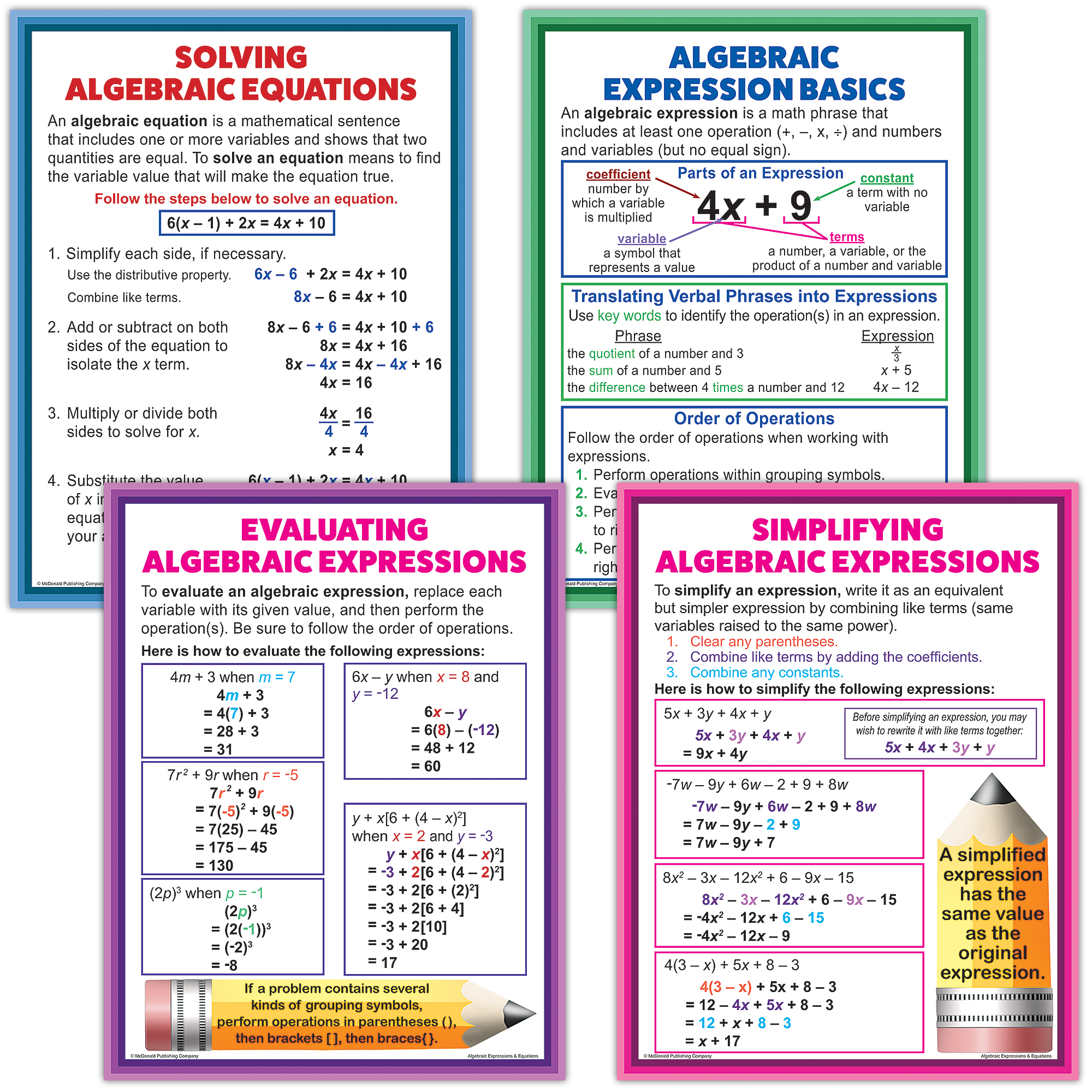
Here are three books (in increasing order of technicity) that haven't yet been mentioned in the great comments and answers above.ġ) Jenner's Rudiments of Algebraic Geometry is a charming almost fifty year old booklet (99 pages of actual text!) packed with large, simple, edifying pictures, just like any book with "geometry" in the title should (Yes, I'm talking to you, dear Grothendieck!). (Once you get to this stage, Mumford's Red book has always been regarded as something to read alongside Hartshorne as being at a similar technical level, but providing more movitation and intuition.) You could then move on to more substantial texts, with better preparation than you would have approaching them cold. You can read this note of Dieudonne, together with Miles Reid's Undergraduate algebraic geometry, in a fairly short amount of time, and if you do both, you will have some sense of what algebraic geometry is about both at a beginning technical level and a broader conceptual level. Nevertheless, especially for a historical survey, it is hard to beat, I think. Note also that it was written 40 or so years ago, and so its concluding remars no longer reflect the state of the art. Note that this latter article discusses finite fields and the Weil conjectures towards the end. There is also his shorter note, The historical development of algebraic geometry. You may want to look at Dieudonne's book History of algebraic geometry, for historical motivation. Whenever i did not state a reference, just google. However, it is a little specialized so i doubt that it is what you're looking for.


Lastly, if you're interested in surfaces, Beauville: algebraic surfaces is an excellent treatment that contains a lot of historical notes. The book is beautiful.īy the way, this guy put a very complete collection of solutions to the exercises online, check it out at Once you use it in the right way, you'll fall in love. Spend a LOT of time on the exercises, the book is written for the active learner and a substantial part of the theory is contained in the exercises. But everything's there, it's incredibly complete. Use google a lot (loads of teachers put their lectures online), be prepared to look for background and spend a lot of time on just a few sentences.

So when reading Hartshorne, don't: expect a lot of intuition and background.ĭo: consider it your atlas, your guidance. For example, when i learned about "injective objects in a category", it took my professor a substantial part of the lecture, however Hartshorne spends a few sentences about the definition. The style of writing is really compact, so if you read it, get used to using a lot of other resources. Lastly, please reconsider Hartshorne, but you should use it in the right way. I haven't used them a lot but they tend to show up everywhere and i guess that's for a reason. I could also recommend Ravi Vakil's notes. They are supposed to contain motivation and examples, but i have rarely used them myself so this is not my personal experience.Īs i mentioned, i have no idea about your level, but i just took a quick look and Gathmann starts at the basis i believe (varieties, Zariski topology.) When i was learning about schemes, a classmate of mine was enthousiastic about the notes of Andreas Gathmann. The treatment of the tangent space of a variety is excellent, for example. Also the down-to-earth approach helped me in some cases where books like Hartshorne were too abstract to grasp. However, i can say that there is an excellent introduction focusing both on the history and motivation that you mentioned (it helped me even when i already learned a big part of Hartshorne). As i was already a grad student when i got it, i didn't read much of it. As the title gives away, its written for undergraduates. If i'm honest, i must admit i am a little confused by your dislike of the theorem-proof structure, since it is quite standard.Ī professor at my uni recommended Miles Reid - Undergraduate Algebraic Geometry. To start, could you be more specific on what you already know about? What do you know about differential and complex geometry? How is your knowledge of commutative algebra? Are you an undergraduate or grad student?Īnd are you a mathematician or do you study something else and need to learn algebraic geometry? But i think i have something useful to say, so i'll take this opportunity. However, i'm quite new so i don't have the reputation to leave a comment.

I'd like to leave a comment instead of an answer, since my "answer" wont be definite.


 0 kommentar(er)
0 kommentar(er)
